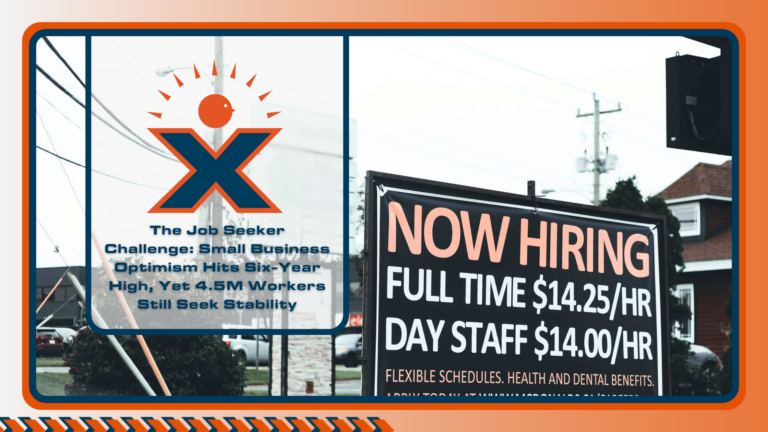Job interviews are stressful. This is a fact we can all attest to. Between choosing the right outfit, navigating your way to an unknown location or office suite, striking the right balance between being early but not too early, and even doing adequate background research on the interviewer and company, there are so many variables that can induce stress in even the best-prepared candidates.
Assuming all of those factors work out in your favor, you can still enter the interview, sit down, and be asked a question so surprising, unexpected, or just plain strange, that you’ll wonder how you could have possibly seen that one coming. However, the best practice is to take a few deep breaths, maintain transparency without being overly forthcoming, and — if you absolutely must — ask the interviewer to rephrase the question.
Or, you could just continue reading, so the next time you’re sitting across from a potential employer, you can be certain that you’re ready for anything coming your way.
The Oldest Trick in the Book
“What is your biggest weakness?” has long been a favorite with interviewers and has also probably caused many of us to lose sleep. The challenging aspect of this question is that interviewers are now wise to the fact that most prospective employees have coached themselves in preparation for this question by coming up with a “weakness” that is actually just a strength in disguise.
“I work too hard and for too many hours.” “I’m a perfectionist.” “I can’t submit anything that’s less than my best.” “People say that I’m overly organized.”
Those kinds of answers simply won’t cut it anymore. Interviewers know what you’re doing, and more often than not, they’ll either press you to admit to an actual weakness or mark your answer against you. Instead, take some time prior to an interview to come up with an actual weakness of yours. Perhaps you are a perfectionist but that also makes it difficult for you to meet deadlines. Then explain how you’re actively working on improving this characteristic of yours, and give concrete examples.
The Dreaded Money Question
Employers sometimes like to ask candidates about salary requirements in initial interviews, and, yes, they do it on purpose to torture you. No, seriously, this question is all about seeing how you respond to an incredibly awkward and somewhat inappropriate query. You may be asked how much you think you are worth, or what is the lowest salary you’d be willing to accept for this position. No matter what, your instinct will be to freeze up and potentially cough up a number.
Our advice: don’t. Just don’t do it. Instead, take the professional higher ground; you can even try to use this question to your advantage. “That’s not really something I like to discuss this early-on in the interview process as I’m far more interested in getting to know more about your company. But, since it’s on the table, what kind of salary range are you offering?”
This response does two things: first, it demonstrates confidence, even under pressure, and second, it’s genuine. Nobody can force you to put a price on yourself or your work. By shifting the onus onto the interviewer to answer the question, you’ve shown that you know you’re worthy.
The Out-of-this-World Curveball
While there are too many questions to list that fit in this category, you can still be prepared to answer any and all of them.
“Have you ever had an issue with a colleague or supervisor? If so, what was it and how did you handle it?” “What’s the last thing you quit and why?” “I can see from your resume you’ve changed careers three times. Why? And how do I know that you won’t bail on this career too?” “Do you usually seek permission from a superior before making a change to a project, or do you take initiative and let others know later on?”
All of these questions require you to do one thing: come to the interview with a plethora of anecdotal stories and experiences that demonstrate your ability to learn and grow as an employee — and a person. Admit fault but don’t admit failure; at the heart of your answers should lie a common theme of perseverance and resilience on your part. At the end of the day, those traits will be what the interviewer remembers about you.
For more insider tips on how to get hired, contact us. We really do have all the answers.











